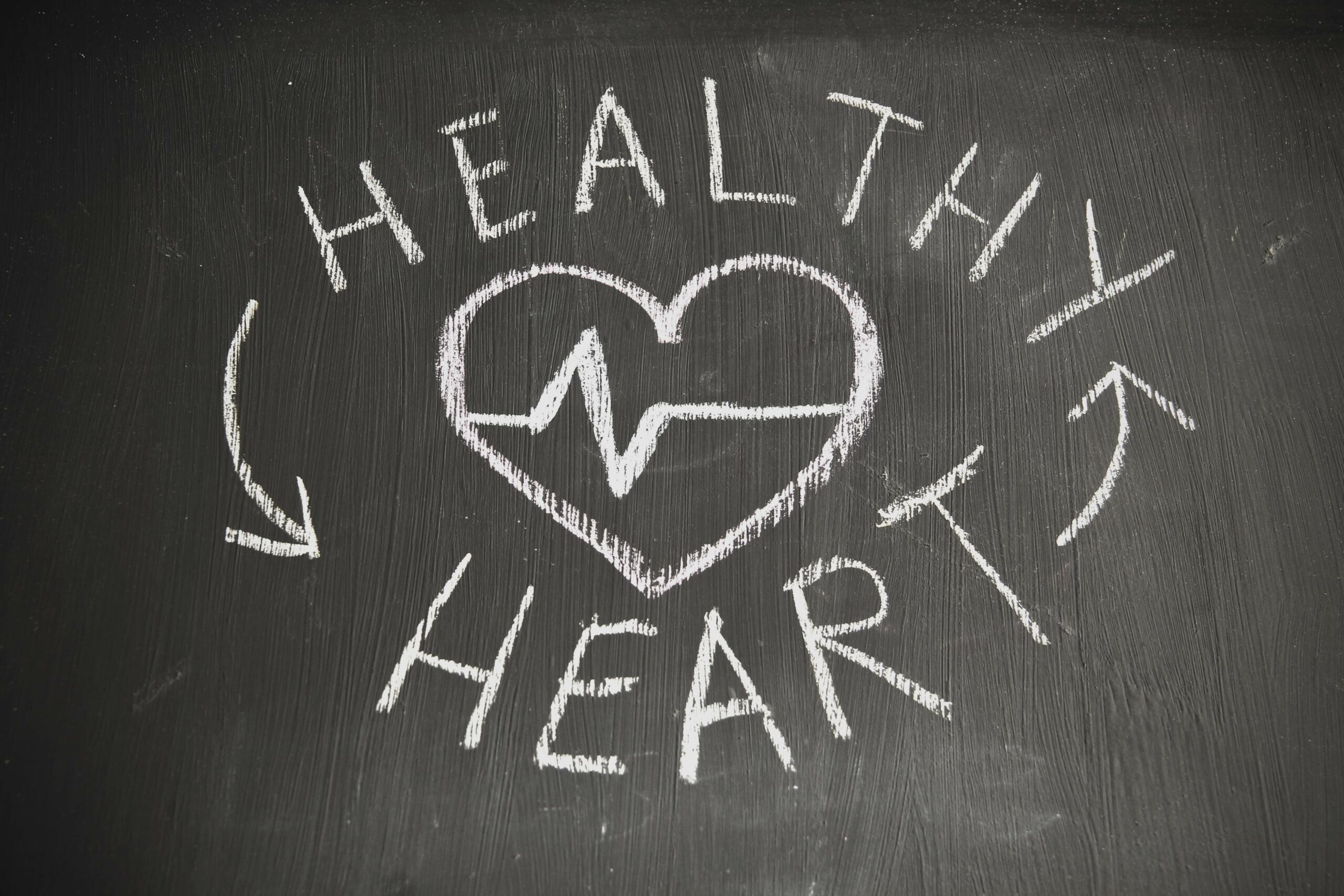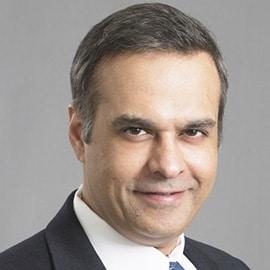
When you think about “getting healthy,” a primary concern should be taking care of your heart. Cardiovascular disease, which includes heart disease, stroke and high blood pressure, is the No. 1 killer of women and men in the U.S., according to the Centers for Disease Control and Prevention (CDC). It’s also the leading cause of disability, preventing people from working and enjoying time with family and friends.
One of the troubling things about cardiovascular disease is that it’s often preventable. Having a close relative with cardiovascular disease puts you at greater risk, but many deaths can be avoided through healthier habits and better management of conditions like high blood pressure and diabetes. Cardiovascular disease is especially a problem in Kentucky, which has high rates of diabetes, as well as smoking and obesity.
And it’s a big problem for women: Long thought to be a disease primarily affecting men, cardiovascular disease actually kills more women on an annual basis.
More women die from cardiovascular disease than all types of cancer combined, including breast cancer. Their symptoms of cardiovascular disease also often differ from men’s–such as back or jaw pain instead of the crushing chest pain men describe–and they may write them off as stress, putting their own health aside as they care for their family.
Ways to Be Good to Your Heart
- Get a checkup. You should do this at least once a year, even if you feel fine. Conditions that put you at risk for cardiovascular disease, such as high blood pressure and diabetes, can be detected and treated before they are big problems down the road. While there, get your cholesterol checked. This simple blood test should be done at least once every five years.
- Follow your doctor’s orders. If you are diagnosed with diabetes, stick to your treatment plan and monitor your blood sugar regularly. If you’re taking medication to treat high blood pressure, high cholesterol or another condition, follow the instructions carefully. Ask questions if you don’t understand something. If you have side effects, talk with your health care provider about your options.
- Eat a healthy diet. Eating healthier can help you avoid cardiovascular disease. By limiting sodium, you can lower your blood pressure. Also, be sure to eat plenty of fresh fruits and vegetables and foods high in fiber, and avoid foods high in saturated fat, trans fat and cholesterol. Not sure what a healthy diet looks like? Visit ChooseMyPlate.gov.
- Maintain a healthy weight. Being overweight can increase your risk. Your doctor can help you determine whether your weight is in a healthy range. If you know your weight and height, you can calculate on your own at the CDC’s “Assessing Your Weight” web page.
- Get regular exercise. Exercise can help you maintain a healthy weight and lower cholesterol and blood pressure. The CDC recommends adults participate in moderate-intensity activity at least 150 minutes a week. You can incorporate exercise into your day in different ways. For example, take the stairs instead of the elevator. Exercising with friends and family can be a great way to stay healthy and have fun.
- Stop smoking. Cigarette smoking greatly increases your risk for heart disease. If you don’t smoke, don’t start. If you do, stop. Your doctor can suggest ways to help you quit.
- Limit alcohol use. Avoid drinking alcohol, which can increase your blood pressure and risk of cancer.
UofL Health is committed to the prevention of disease and the care of your heart. UofL Health – Heart Hospital is the only area hospital dedicated to comprehensive heart care. To learn more, call 502-587-4000.
The Heart Hospital has a Preventive Cardiology Program that can help you prevent cardiovascular disease or, if you have already had a cardiac event, help prevent another one from occurring. You can call 502-588-7010 to schedule a consultation.









